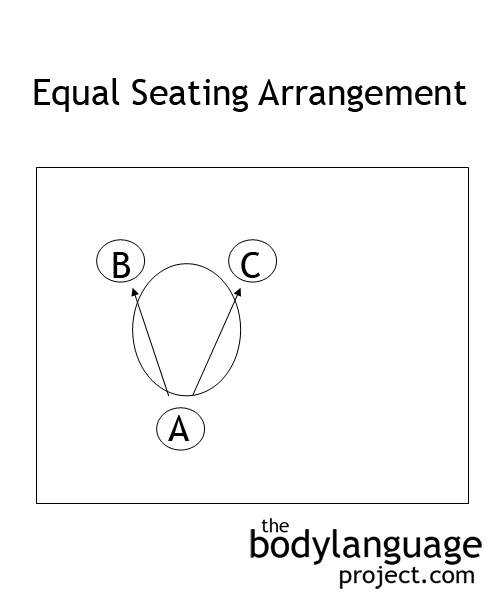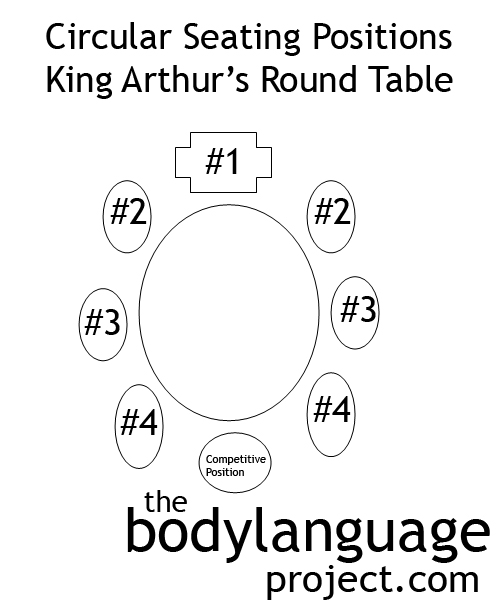A review of the literature on lying and truth telling shows us that an average sixty-seven percent accuracy is found when detecting the truth, whereas forty-four percent is found while detecting deception. In other words, people’s accuracy at detecting truths is usually higher than their accuracy at detecting lies! This is what is called the truth bias. Some possible explanations for the truth bias stem from the fact that in everyday encounters we usually deal with honest people. While lying is pervasive, it doesn’t happen nearly as often as does lying. Thus, we expect people to be telling the truth and are therefore better at detecting it.
Another possible reason for our inherent truth bias is because it would be detrimental to act suspiciously while speaking with others just in case they were telling the truth. If our default was to label other people as deceptive, we’d be constantly interrupting others to clarify statements, or our suspicion would have our minds busy fact checking at a later time. Our conversations would be littered with statements such as ‘That can’t be true’ or ‘Really, I can’t see that’ or ‘I’ll believe that when I see it’ which sometimes it is, but usually not. This would be time consuming and counterproductive given the nature of real to life situations, that is that people normally tell the truth. Our social rules also do not permit us to act suspiciously and if we did so would alienate others and prevent us from formulating alliances or friendships. In fact, ignoring the faults of others is the primary reason we allow ourselves to associate with anyone at all. Those with a memory for detail find it hard to ‘let things go’ or ‘ignore subtle unimportant flaws’ which can be detrimental for relationships. The truth bias tells us that letting little ‘white lies’ go, is an integral part of human nature, perhaps even necessary.


